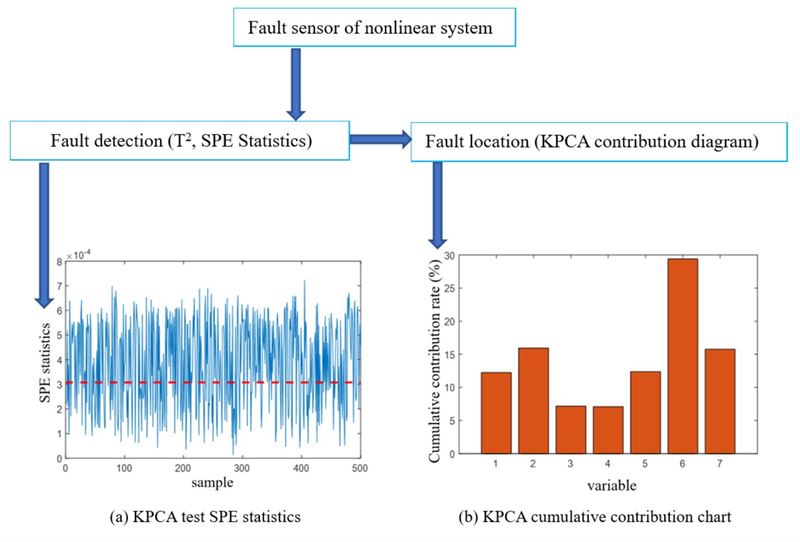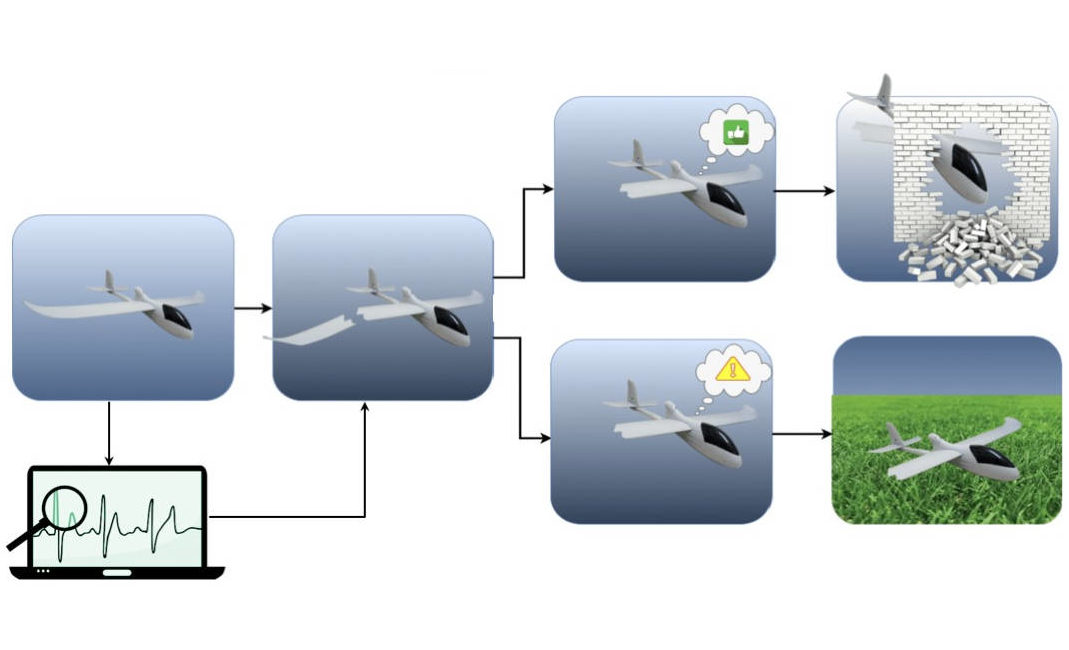
CEJIA Introduces Innovative Arc Fault Detection Method Based on Multidictionary Learning
CEJIA, a leading provider of professional energy storage power supply solutions, has recently unveiled a new arc fault detection method based on multidictionary learning. This innovative method uses the dictionary learning of sparse representation algorithm to detect arc faults, providing customers with a highly accurate and reliable energy storage solution.
The new method developed by CEJIA relies on the normalized amplitudes of six frequencies, namely 0Hz, 50Hz, 100Hz, 150Hz, 200Hz, and 250Hz in the current amplitude spectrum. These characteristics are used as inputs, and the output is either normal work or arc fault. With the increasing number of training samples, the accuracy of the test improves significantly.
However, when the number of training samples is too high, it becomes difficult to be represented by a single dictionary. CEJIA's innovative multidictionary learning method solves this problem by first selecting n training samples to form s overcomplete dictionaries. A dictionary library is then constructed consisting of s dictionaries. Next, t dictionaries (t≤s) are randomly selected from the dictionary library to judge the test results, respectively. Finally, the final detest result is obtained by the maximum number of votes, or the modality with the most votes is the detest result.

The multidictionary learning method applied by CEJIA has been extensively tested and evaluated, and simulation results show that the accuracy of detection can be significantly improved. The accuracy rate of the new method is much higher than traditional methods used in the industry, making CEJIA's energy storage solution more reliable and safer than ever before.
CEJIA's multi-decade experience in the energy storage industry has built a reputation for providing quality products and services at competitive prices. The company is committed to providing innovative solutions to meet customers' requirements in the global market. The introduction of this new method represents a significant milestone for CEJIA, and the company expects this innovative technology to provide a cutting-edge advantage in the energy storage power supply market.
Commenting on the new launch, a spokesperson for CEJIA said, "We are thrilled to announce the launch of our innovative arc fault detection method based on multidictionary learning. As a company, we are dedicated to providing our customers with the latest and most reliable solutions in the industry. This new method is a testament to our commitment to stay ahead of the technological curve."
In conclusion, the new method introduced by CEJIA represents a significant step forward for the energy storage power supply market. The combination of CEJIA's extensive experience and multidictionary learning technology has resulted in a highly accurate and reliable arc fault detection method. This new launch is expected to improve the safety and reliability of energy storage power supply, providing customers with a solution that meets their requirements for many years to come.